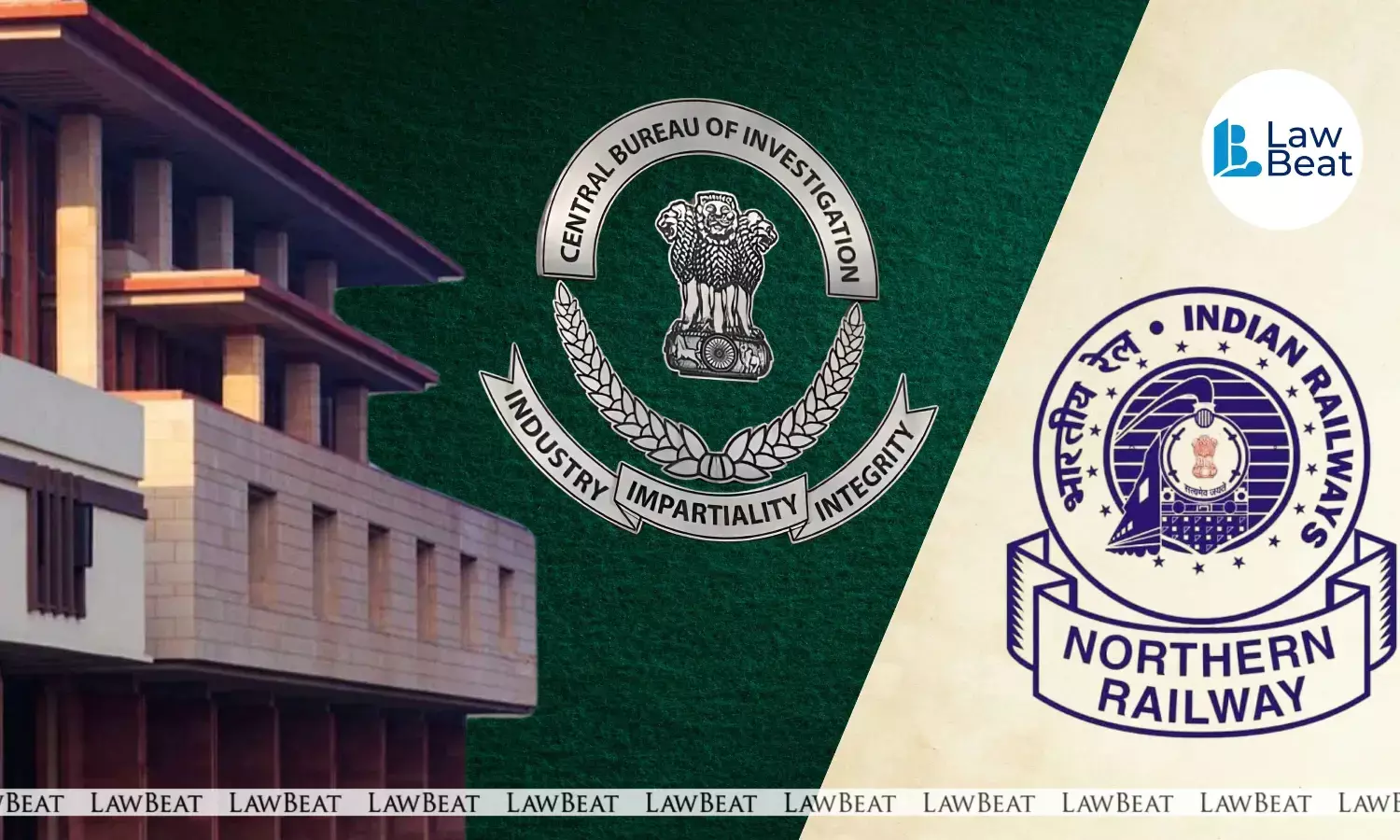Corruption Allegations Warrant Zero Tolerance: Delhi HC Denies Bail To Sr Engineer Of Northern Railway

On Friday, the Delhi High Court denied anticipatory bail to a Senior Section Engineer (SSE) of Northern Railway, who was accused of playing a key role in a large-scale bribery scandal. The court emphasized that allegations of corruption in public institutions must be handled with zero tolerance and strict legal scrutiny.
The bench of Justice Shalinder Kaur, while denying anticipatory bail to SSE, held, “The principles on grant of Anticipatory Bail are well settled, specifically when dealing with serious offences like corruption and there is sufficient evidence pointing towards the role of the individual in such activities”.
According to the Central Bureau of Investigation (CBI), the petitioner, along with other senior railway officials, allegedly engaged in corrupt practices related to the issuance of work orders and bill clearances for private contractors. The CBI stated that the petitioner was actively involved in collecting bribes both for himself and his superior, Senior Divisional Electrical Engineer (Sr DEE).
The case stemmed from a trap laid by the CBI on April 6, 2025, based on source information about a planned bribe transaction. During the operation at Sandoz Restaurant, Connaught Place, officials apprehended Saket Chand Srivastava, Tapendra Singh Gurjar, and contractor Gautam Chawla while they exchanged ₹7 lakhs in cash. Subsequently, searches were conducted at the petitioner’s residence, resulting in the seizure of ₹7.85 lakhs in cash and gold worth ₹43.06 lakhs.
Senior Advocate Nandita Rao, representing the petitioner, argued that he had an unblemished 29-year service record and was never previously involved in any criminal matter. It was submitted that no formal notice was issued to him under Section 35(3) of BNSS, and the petitioner was never called to join the investigation. Senior Advocate Rao also contended that the seized gold constituted his wife's stridhan and was unrelated to the case, and the cash was from legitimate sources.
The CBI, represented by Special Public Prosecutor Ravi Sharma, opposed the bail application, highlighting intercepted telephonic conversations where the petitioner was allegedly discussing the distribution of bribe money among railway officials. The agency asserted that his custodial interrogation was crucial to identifying other accused individuals and uncovering the full scope of the conspiracy. The CBI also alleged that the petitioner attempted to obstruct the search operation by instructing his brother to remove evidence.
The court found that there was prima facie material to support the prosecution’s case, including recoveries made during the raid, the petitioner’s absence from the location, and his attempts to interfere with the search process. It was noted that the bribes were allegedly converted into gold and routed through M/s Rama Krishna Jewellers with the petitioner’s assistance.
While the petitioner claimed non-compliance with Section 17A of the Prevention of Corruption Act, the court accepted the CBI’s submission that this was a trap case, and such sanction was not required at the stage of laying the trap. The court also acknowledged that the competent authority duly authorized the telephonic interceptions.
In conclusion, the court refused to grant anticipatory bail, observing that the investigation was at a crucial stage and that granting bail could compromise evidence and hinder the identification of other conspirators. The court reiterated that public servants involved in corruption must face the full force of the law without exception.
For Petitioner: Advocates Vrinda Grover, Prasanna J., Rupali Samuel, Devika Tulsiani, Soutik Banerjee, Choudhary Ali Zia Kabir and Sumayya Khatoon
For Respondent: Senior Advocate Parvinder Chauhan, Standing Counsel Prabhsahay Kaur with Advocates Anuj Chaturvedi, Aakriti Garg, Deeksha L. Kakar, Aditya Verma, Kavya Shukla, Rashneet Singh and Sana Parveen
Case Title: Arun Kumar Jindal v CBI (2025:DHC:3534)
